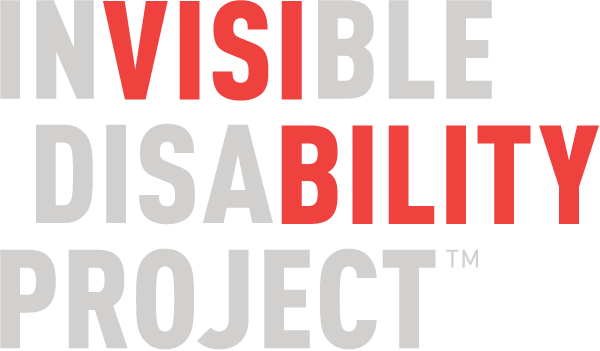Call For Papers
Image Description: Black and white photograph showing typewriter against a white shag textile.
CALL FOR PAPERS
Special Issue of the Unseen Zine:
"Radical Disability Allyship"
published by The Invisible Disability Project
Deadline for submissions:
January 15th, 2020
contact email:
info@invisibledisabilityproject.org
Radical Disability Allyship
The concept, promise, and experience of allyship has been under discussed in regard to disability. We use allyship here to refer to bonds that link bodyminds together, supporting and advocating for one another. Allyship can and must emerge among disabled people as well as among disabled and nondisabled people. The editors are purposely not defining allyship because the goal of this special issue to provide a platform for the disability community to define allyship, to reclaim allyship, and to radicalize allyship.
Queer and trans communities as well as racial and ethnic minority communities have expressed that true allyship includes using your privledge to promote other people’s rights and growth. But, allyship is sometimes viewer critically as just a shallow label. For example, the group Real Talk: Women of Color + Allies has warned against being “ an “ally” in quotes when it best suits you.” We might call this performative allyship, when someone calls themselves an ally just to gain social status.
Often, when allyship is used to discuss disability, it has not been defined or identified by disabled people. As such, these models of allyship are one-sided, in which the disbled person is still positioned a charity case, inferior or in some cases, their differences are assimilated rather than celebrated. Sometimes, people who call themselves “allies” are doing more harm than good.
It is time to reclaim allyship and radicalize it in ways that work toward justice and access built on mutual respect and care. Thus, the aim of this issue is to explore and imagine forms of radical disability allyship, because, without radical allyship, ableism will persist and grow.
The editors are especially interested in disability and allyship in regard to the following topics:
How to build and practice radical allyship intersectionality, across race, ethnicity, culture, age, class, gender, and sexuality
Defining radical allyship as different from charity, friendship, tokenism, and performative allyship
The critical need for allyship in certain settings such as schools, workplaces, law, medicine, mental health, and care work
Barriers to creating and sustaining allyship
The limits of allyship and boundary-setting
Web and design accessibility, often called a11yship. Is this allyship or profiteering?
Building allyship in-person vs. virtually through social media
What radical allyship can learn from existing models of allyship from other communities
The promise of radical allyship for more accessible and accepting futures
Guidelines:
The essays should be between 1000-1500 words
Our goal is accessibility, so avoid heavy use of jargon, theoretical terms, or any specialized vocabulary. Authors may be asked to provide short glossaries for their essays
We do not publish personal narrative essays unless the personal narrative is conceptually framed in relation to larger topics
Provide citations or links to any referenced works
Everyone is welcomed to submit an essay, but please understand that we prioritize disabled authors to give a platform to historically underrepresented perspectives
Please send your full article (that has not been published elsewhere), a short bio (75 words max), a headshot photo, and image description to info@invisibledisabilityproject.org no later than January 15th, 2020.
The Invisible Disability Project is proud to be able to pay authors for their accepted essays and rates will be discussed at the time of acceptance notification. For any questions, please do not hesitate to contact the editors at info@invisibledisabilityproject.org We look forward to your contributions.

